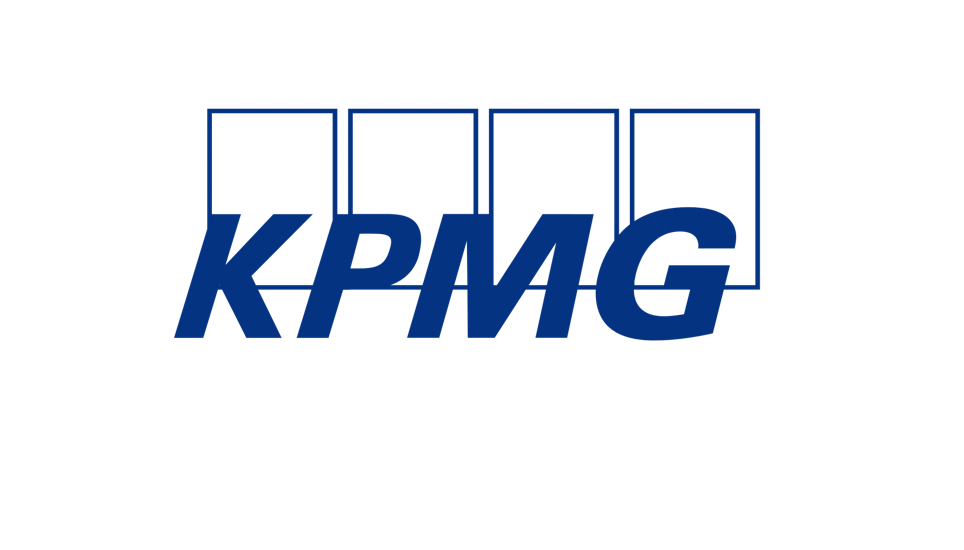Challenger banks – looking ahead

Shifting Landscapes
Over 50 banking licenses have been granted since the 2008 financial crisis and the market is becoming ever more saturated – particularly when looked at through the lens of the challengers. The Challenger’ label is now more commonly used as shorthand for a subset of the market and with such a complex and diverse ecosystem, we may need new ways of analysing the strategies of these banks.
As many of the challengers begin to mature and develop their core offerings, their futures become much more interesting that their pasts. This year’s KPMG Challenger Bank report discusses the current state of challengers, before moving onto their likely responses to the upcoming drivers of change.
Five key drivers
In the last 12 months, it has become increasingly clear that there are a number of specific trends that will affect banking in general, but the response from the challengers is perhaps the most interesting aspect for the long term nature of the ecosystem.
Brand ”“ with such a diverse and saturated market, consolidation is inevitable. Challengers have begun a personality war’, aimed at winning the trust and advocacy of customers.
Customer experience ”“ challenger banks are still predominantly focused on a differentiated customer experience throughout their operating models. This can often help drive home their offering within specific niches.
Technology – many challengers are using new technologies to diversify and hone their product portfolio. There are increased forms of platformisation as emerging technology is deployed across the industry.
Deal-making ”“ partnerships and acquisitions will likely be critical to the future of challengers. Partnering allows them to leverage external expertise but the strategy, timing and execution will be key.
Regulation ”“ challenger banks continue to come to terms with the complex regulatory environment. Open Banking, the Second Payment Services Directive (PSD2), and the General Data Protection Regulation (GDPR) may deliver as many challenges as opportunities.



